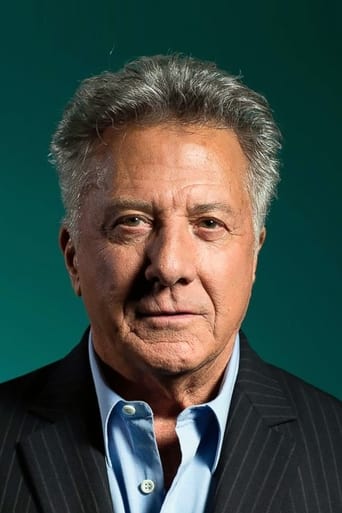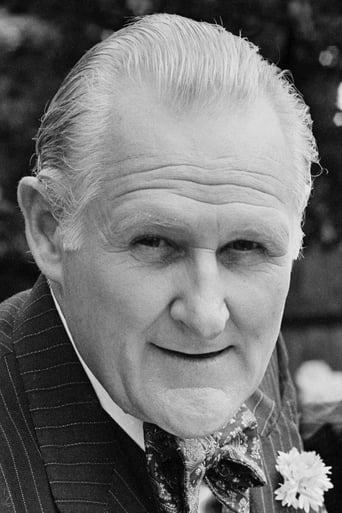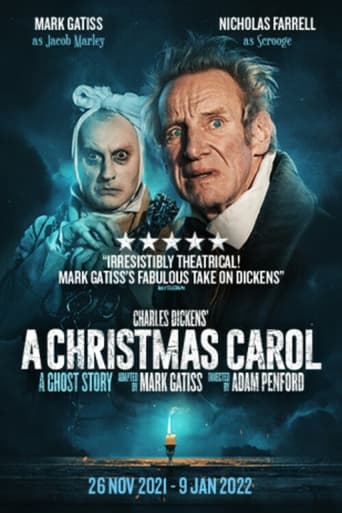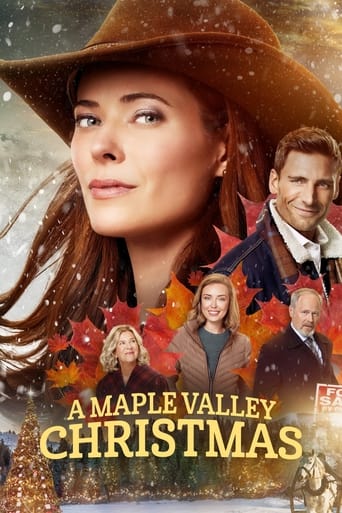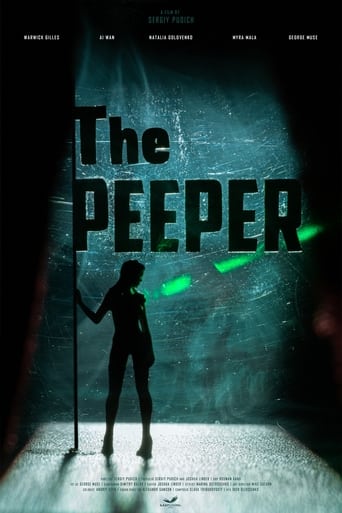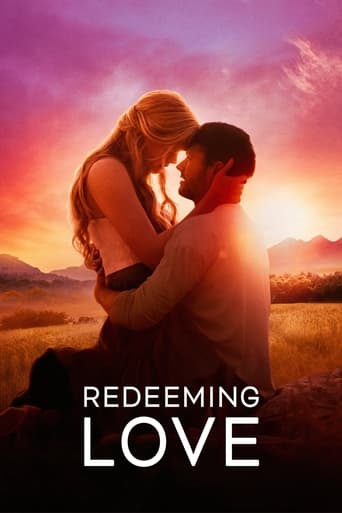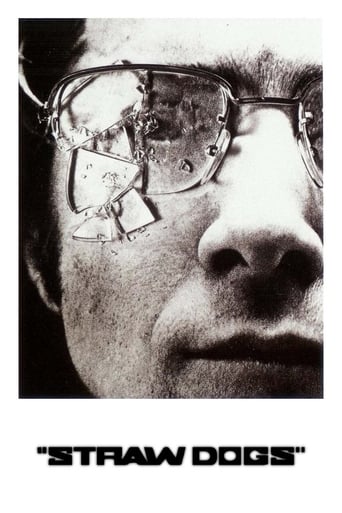
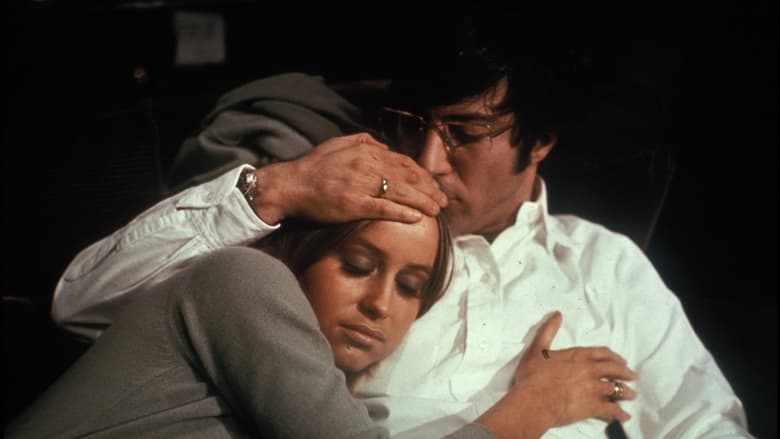
Straw Dogs (1971)
David Sumner, a mild-mannered academic from the United States, marries Amy, an Englishwoman. In order to escape a hectic stateside lifestyle, David and his wife relocate to the small town in rural Cornwall where Amy was raised. There, David is ostracized by the brutish men of the village, including Amy's old flame, Charlie. Eventually the taunts escalate, and two of the locals rape Amy. This sexual assault awakes a shockingly violent side of David.
Watch Trailer
Cast


Similar titles
Reviews
This movie is about a foreigner, David Sumner, who is rejected by his new community. He is a very cerebral and principled man, which the vulgar villagers tragically mistake for weakness. Their view of him permits them to ridicule and abuse him and his wife. The best example of David's principled nature is when he wants to protect a suspect of a crime, who stays in his house, from being lynched. The locals want immediate revenge, which they associate with strength. But the real strength lies in fighting for your believes, which David does. He cannot back up and ends up fighting for the lives of his wife, the suspect and himself.The greatest tragedy is that even David's wife, who grew up in this neighbourhood, regards him as weak and inadequate. The fact that they are not acting in a unified way, makes it easier for her fellow villagers to attack them. Her disappointment in David goes back to the circumstances in which they left their American home. Not much about this is revealed but she vaguely accuses him of having fled, implying cowardice. Since the movie stems from the height of the Vietnam war, my best guess is that he is a conscientious objector, forced to flee the country to escape the draft. While conscientious objectors had a brave and noble cause, their stance was often misinterpreted as cowardice. In the same way, David's civilized nature is misunderstood as weak. This makes him a truly lonely hero. As in Tao Te Ching's quote, which inspired the movie's title, heaven and earth are indifferent, treating him and all creatures as 'straw dogs.'
At the time this movie came out it was very controversial, violent and nihilistic. But it is still worth watching today even though it is dated. Dustin Hoffman gives an incredible performance as a man possessive of his wife, insecure, jealous, and simultaneously frightened hunted and aggressive, excessively violent hunter. This movie should be watched by all film fans, not to guarantee you will like it but you will at least see a very different film with a unique point of view and some questionable morals.
This disc had been sitting on my shelf for over ten years after its first or second viewing, and I'd been reluctant to re-visit it for some reason, until last night. Now I realise why, because although I hadn't really forgotten it, its deep-reaching and thorough unpleasantness must have seriously turned me off, and warned me away.Somebody likened it to "Irreversible", and I see what they're saying. Peckinpah, although just as over the top, is more realistic and everyday, however. Whatever his themes, you have to admit he regularly gets superbly convincing performances from his actors. In spite of the way he seems to treat them, he also gets very considerable loyalty from many of them. In this case Susan George.He apparently said that it was not about a wimp, but a failed marriage. It's also been said that most of his films are about some kind of treachery or disappointment between buddies. In this case it's the conflict between Hoffman and his totally incompatible wife, with whom he obviously has nothing constructive in common, except sex, which dooms it from the start. This union was clearly a profound mistake, and its disintegration is almost comic. Chess is not going to unite this couple.The only positive outcome of the events depicted is that the odious yokel played by Peter Vaughan never discovered what happened to his pesky little daughter Janice. Impressive work, but not recommended viewing, unless you enjoy torture. The remake is obviously a disaster.
I never saw a film so simple and yet so complex at the same time. This is how sophisticated Sam Peckinpah was as director of Straw Dogs. He must have had a god-like understanding of human beings and their vulnerabilities, or Straw Dogs would have turned out a forgettable made-for-TV movie. On the contrary, the film is increasingly relevant to mankind as time goes by, surpassing even a classic branding. The story plot and the script are exceptionally well-done, as it rids the viewers of any disbelief from early on. You stop asking why they move there, why Amy Sumner chooses to conduct herself that way, why there is tension between her and the husband. Why the rape is emotionally mixed between yearning and disgust on her part, and all the rest. You subscribe to the film from the beginning, and helplessly follow them every step of the way until every bit of emotion is brutally unfolded and till tail lights of that white car disappears into the darkness. If you show this 1971 film around the US today, it would be easily alleged of campaigning for the National Rifles Association to support the rights to bear arms. It is scary to discover that violence does not have to start from your own inclination or their provocation. Violence can be a result of mutual contempt without you being conscious of helping to develop one. In this film, violence is much a combination of David, Amy, Charlie, Chris, Norman, Henry, Tom, Reverend Barney Hood, to even the lawman Major John Scott, who represents a mindset of "the law is dead". Sam Peckinpah, as this film was first released, was condemned almost unanimously by critics and viewers alike. He was accused of glorifying violence, in support of a lawless society, and in favor of Doomsday's analogies. Today we see him as a prophet who was and is wise. His analysis of social problems is second to none. You can even restructure all governments' crime-preventing policy based upon his films, particularly on this one. Someone made the right call not to try any sequels of this film. The reason is obvious: we now become the real-life sequel of David Sumner's driving Henry Niles into the dark on that fateful night.


